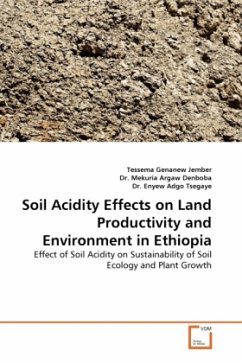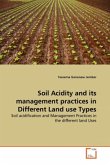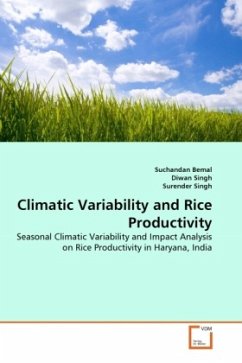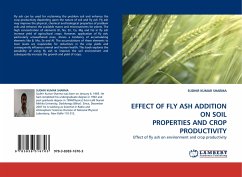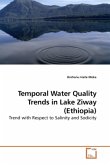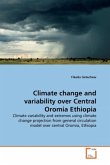Soil Acidity affects soil ecology and plant growth. It influences soil productivity by elemental toxicity, reducing nutrient solubility and availability as well as microbial activity. Moreover, deficiency of elements (Ca, Mg, Mo), Phosphorous fixation, incidence of plant disease (fungal) and poor bacterial growth are also observed. Activities such as mismanagement of agricultural practice, depletion of base cations, weathering of acidic parent material and organic matter dissociation boost soil acidification processes. However, the magnitude and rate of soil acidification differs depend on soil type, rainfall and land use. To enhance the soil productivity potentials and maintain environmental quality, soil acidity should be treated at an early stage. Hence, application of sufficient and wise use of fertilizers, liming, acid tolerant species, utilization of properly prepared compost, land use change and increasing nutrient use efficiency of plants through breeding cultivars are fundamental strategies for improving acid soils.

